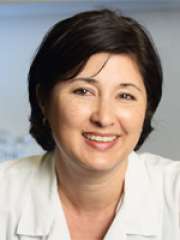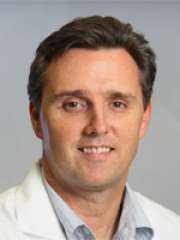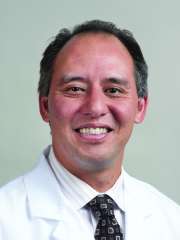BIRC Faculty
BIRC Faculty

Mayumi Prins, PhD
Dr. Prins’s research interests include understanding the changes in brain metabolism that occur after pediatric traumatic brain injury and how alternative fuels can be used as therapeutic options for the young brain after head injury. In addition to this main focus, she is interested in repeat mild head injuries as they apply to both children and young adult athletes.

Neil Harris, PhD
Dr. Neil Harris has worked within the fields of hydrocephalus, stroke and traumatic brain injury. The major theme of his current research at UCLA is understanding the potential for plasticity and recovery of function after brain trauma utilizing both light microscopy cell biology techniques as well as in vivo neuroimaging methodologies.

Christopher C. Giza, MD
Dr. Giza's current laboratory interests include neuroplasticity, recovery from injury, concussive injury, sport-related brain injuries and brain development. Clinical research interests include longitudinal follow-up of both sports concussions and moderate-severe TBI, including the use of helmet biosensors, advanced neuroimaging and genetic markers.

Tiffany Greco, PhD
Dr. Greco is pursuing research on sex hormones, brain energy metabolism, and concussions. The vast majority of studies on concussion are conducted on male athletes, and there is strong evidence to suggest that men and women experience physiological differences in the way their bodies handle and heal from head injuries. Since one-third of athletes today are women, this is an area of research that is both unprecedented and vital for understanding how head trauma affects people differently.

Janel Le Belle, PhD

Fernando Gomez-Pinilla, PhD
Dr. Gomez-Pinilla's research goal is to investigate the molecular mechanisms of neuronal adaptation to insult, disease, and environmental factors by focusing on the action of neurotrophic factors as major effectors of neuronal growth and survival, synaptic function, ultimately resulting in behavioral manifestations. His laboratory uses a multidisciplinary approach ranging from gene expression to behavioral techniques, and involving the brain and spinal cord of animals and humans.

Paul M. Vespa, MD
As a neurointensive care specialist, Dr. Vespa focuses on critical care for the treatment of neurosurgical and stroke patients. Dr. Vespa is a Diplomate of the UCNS in Neurocritical Care and a Diplomate of the American Board of Psychiatry and Neurology.